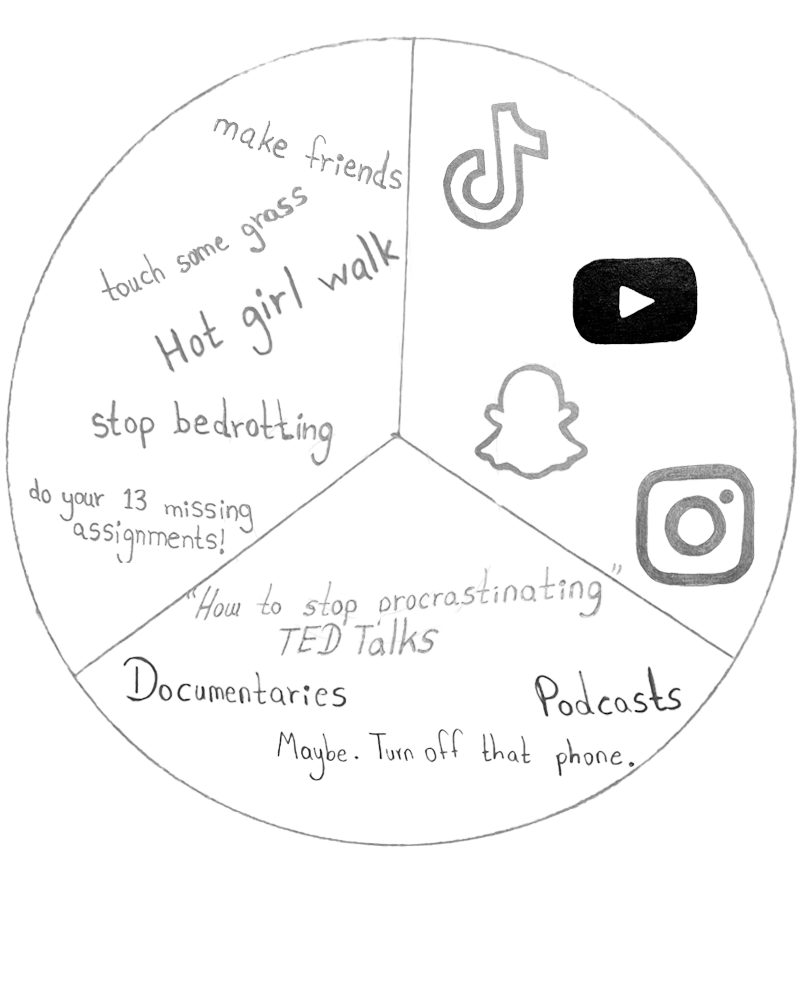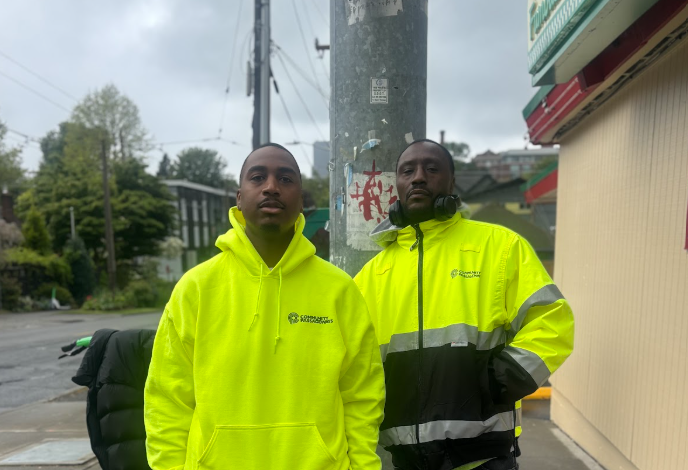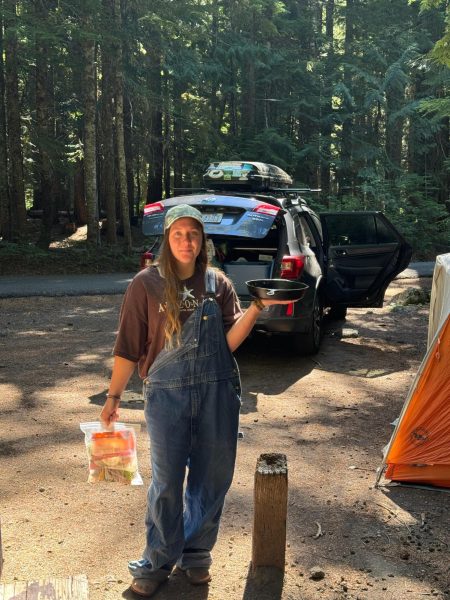Many of us dream of traveling the world, backpacking for months and exploring off the beaten path. However, we simply can’t afford it. Enter work exchanges: a sustainable method of travel in which you trade unpaid work for accommodation and food from a host. Not only does this allow you to travel nearly free of cost, but it also gives you the opportunity to get to know an area through the eyes of the locals. With thousands of hosts all over the world, the opportunities are truly endless. Three organizations that offer exchanges are Workaway, Worldpackers and Worldwide Opportunities on Organic Farms (WOOF). These exchanges help you meet like-minded people and learn unique skills all while giving back to the places you visit.
As the name suggests, WOOF is a program for farmstays. The hosts found through this website are all organic farms varying from commercial vegetable farms, ranches, or dairies to small market gardens and subsistence farms in over 130 countries. When staying with a host, travelers immerse themselves in the daily life of the farm. A typical exchange is 25-30 hours of work a week, and the rest of your time is free to spend on the farm or exploring the surrounding area. Daily tasks vary depending on what kind of farm it is and there is truly something for everyone. “You can learn a lot of other stuff beyond just farming,” Madeline Silverman said, an experienced WOOFer. “I was working on a farm that was run by some people of the First Nations,” Silverman shared about a trip in Northern Canada. “I spent a lot of time with the elders and one in particular taught me traditional beading. That was just a really cool, unexpected thing that occurred.”
From mushroom farms in Maine to 100-year-old olive groves in Tunisia, to agroforestry in the Brazilian rainforest, and alpaca refuges in Texas, it is easy to spend hours scrolling on the WOOF website discovering unique opportunities. Tropical fruit farms, oil distilleries and horse breeding can all be found alongside meat processing, bee keeping, foraging and any other practice you can imagine. This program is a wonderful chance for anyone who wants to see the world by slowmaxing, connecting with the land and meeting hardworking and down to earth people. “It has created this mentality for me that there are always opportunities out there for people to learn skills and to build community,” Silverman shared. She advised to “be intentional and figure out what your personal goals are and then try to align that with the farm’s mission.”
If your interests lie in social work, volunteering, or hospitality, Worldpackers and Workaway may be great sites for you. No different than WOOF, all hosts on these sites are verified and provide accommodations in exchange for your time; however they both offer a much broader spectrum of opportunities than exclusively farms. Options include sustainability projects, volunteering in schools or with NGOs (Non-Governmental Organizations), house sitting, working in hostels, or providing live-in help to a family.
In many ways, contributing directly to the places you visit fosters a much more meaningful form of travel. “I think it’s really easy, especially when you live in a city, to get a bit insulated,” Silverman said. “WOOF and Workaway provide opportunities to really expand your worldview and you might come away with some really neat skills in the process.”











